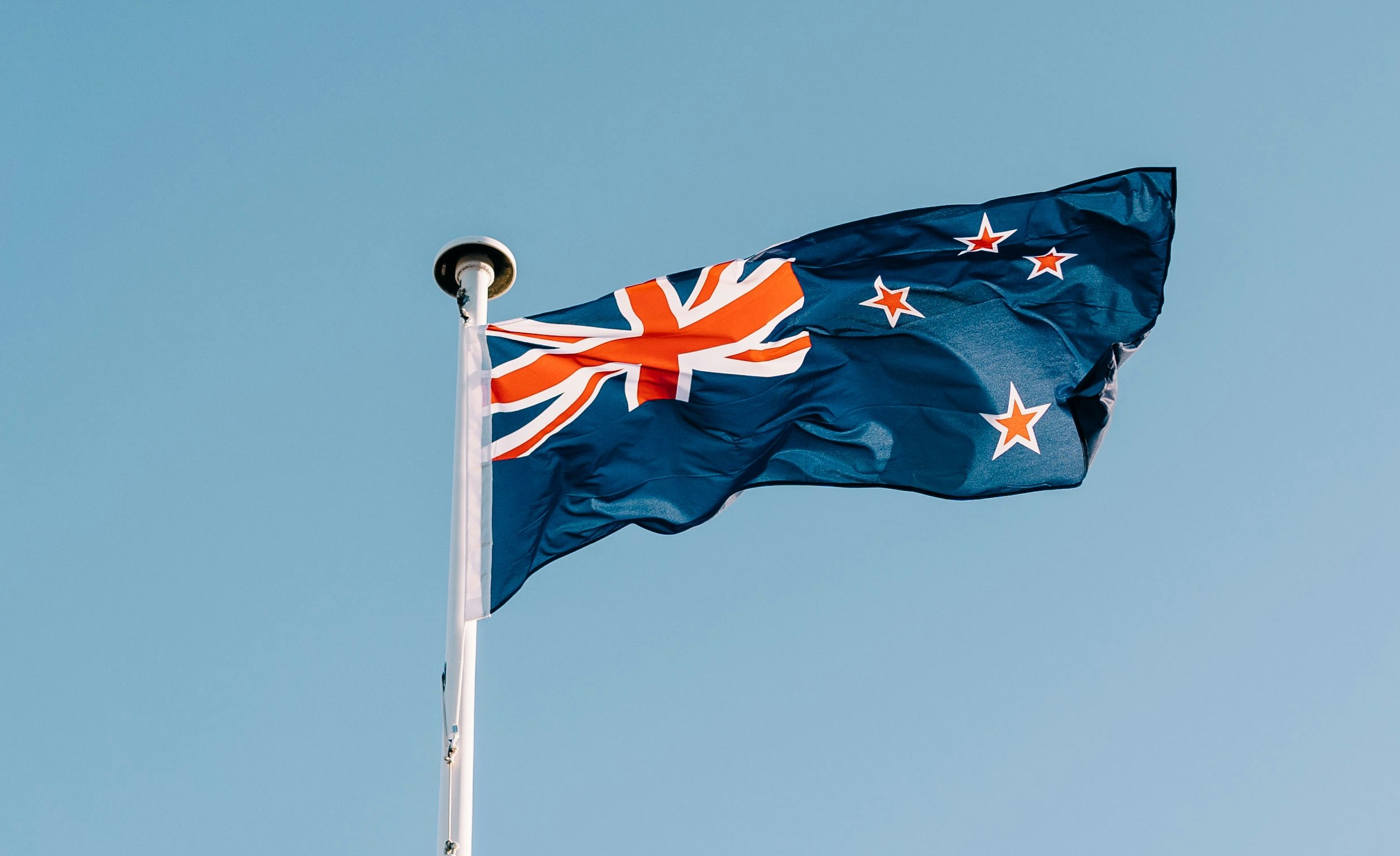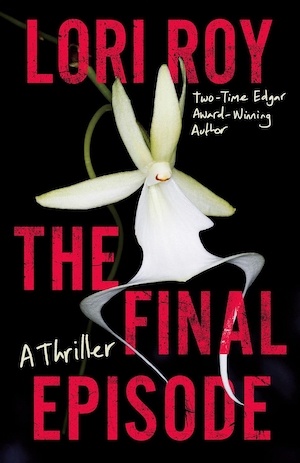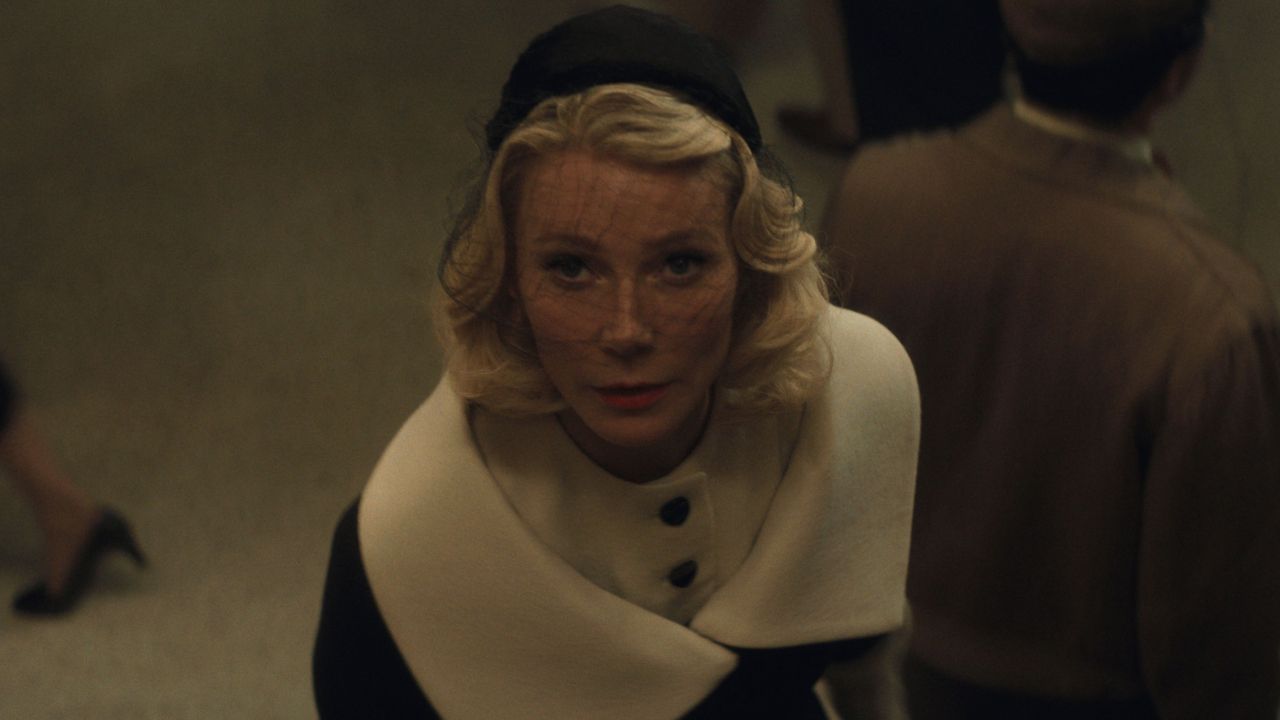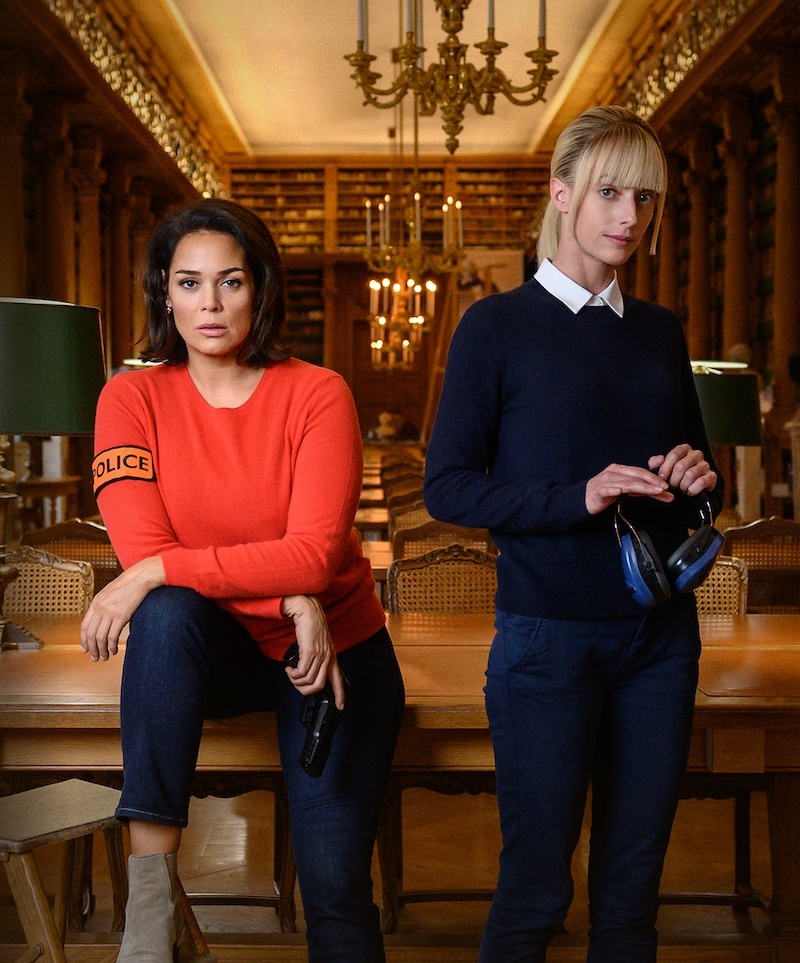Aotearoa New Zealand’s literary scene has always punched above its weight, with our Pacific nation producing luminaries like Katherine Mansfield, Keri Hulme, Maurice Gee, Janet Frame, and Witi Ihimaera—not to mention the queen of crime fiction, Ngaio Marsh. Reading fiction set in New Zealand, you can’t help but get a sense of the fortitude and curiosity engendered by such a wild and isolated place.
Of course, there’s so much more to the modern Aotearoa literary scene than this handful of classic figures. In this list, we’ll explore ten essential picks from the rich and diverse range of New Zealand literary releases to give you a taste of contemporary life in the southern hemisphere. From experimental fiction to police procedurals, from the windswept forests of Korowai to the humid streets of Tāmaki Makaurau, every one of these books will transport you.
Trust me—I speak from experience. Writing my debut novel Paper Cage was a balm for my own sense of homesickness for Aotearoa. I wrote Paper Cage during the COVID-19 lockdown in Paris, when enduring thirty-six hours in a plane simply wasn’t an option. In Paper Cage, I wanted to capture the sense of isolation and collective surveillance that comes with small-town life, and a story about missing children and deceptive friendships felt like a good place to start. I can only hope my book lets you see Aotearoa through the eyes of my protagonist, Lorraine Henry, from the impossible size and colour of the sunsets to the plentiful range of roast meats in the main street takeaway joints.
Greta & Valdin by Rebecca K. Reilly
In this cracking debut novel, Rebecca K. Reilly lets us look over the shoulders of siblings Greta and Valdin as they navigate the intricacies and disappointments of relationships, work, and family in their twenties. Written with a shrewd eye and a ruthless sense of humour, Reilly has barbs for everyone, including pretty much the entire city of Auckland. On a personal note, I was banned from reading this book at bedtime because of my excessive giggling.

Baby No-Eyes by Patricia Grace
In this haunting story, we follow Tawera, a young Māori boy who speaks to his ghost-sister, the titular Baby No-Eyes. With her characteristic inventive narration and immersive style, Patricia Grace weaves a story of grief, longing, and the enduring impact of secrets. Both heartbreaking and uplifting, this is a book that lingers long in the mind.
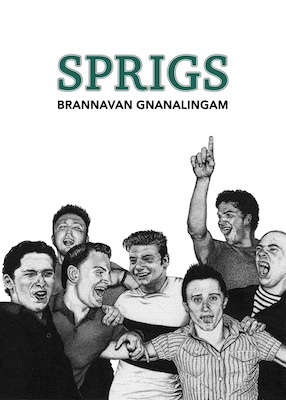
Sprigs by Brannavan Gnanalingam
In this punchy novel, Wellington author Brannavan Gnanalingam offers a witty and lacerating examination of bloke culture by taking aim at our holy grail: schoolboy rugby. Equal parts confronting and humorous, Gnanalingam deftly examines the ways privilege and class underpin and brace the tacit misogyny of young men. This is a brave and unflinching book that peers wide-eyed into plenty of uncomfortable places.
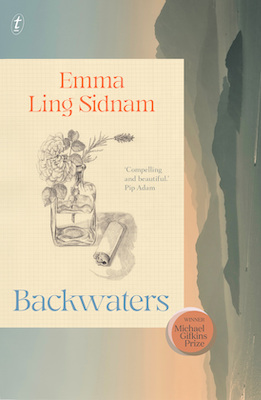
Backwaters by Emma Ling Sidnam
Winner of the 2022 Michael Gifkins Prize, Backwaters is a tender and contemplative memoir about a young Asian New Zealander’s search for identity and meaning. Here, we follow protagonist Laura as she unearths and situates her great-great grandfather’s story of arrival and adjustment to New Zealand in the early 20th century, giving her a mirror for her own sense of place in contemporary Aotearoa.
Birnam Wood by Eleanor Catton
A ripping thriller from Booker winner Eleanor Catton about an anarcho-environmentalist collective caught up in a billionaire’s mad scheme to build a doomsday bunker in the remote South Island. This book transcends the trappings of crime fiction to offer juicy and quietly realistic portrayals of friendship and group dynamics—punctuated, of course, by a sketch of one of the most chilling techno-psychopaths ever to be committed to the page.
Better the Blood by Michael Bennett
Ngaio Marsh Award winner for best debut novel in 2023, Better the Blood introduces Māori detective Hana Westerman in an excellent navigation of post-colonial social structures told through an investigation of Aotearoa’s first serial killer. A fascinating play on the procedural format with a propulsive plot and plenty of historical substance.
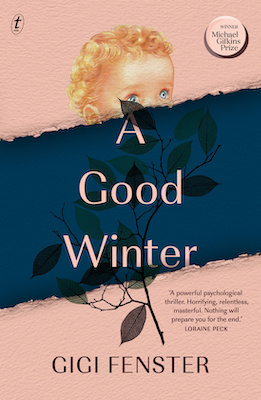
A Good Winter by Gigi Fenster
Winner of the 2021 Michael Gifkins prize, A Good Winter is a dark and compelling portrait of friendship becoming obsession. Unreliable first-person narration through the eyes of Olga keeps us guessing as to what’s really going on as she befriends her neighbour Lara and embeds herself deeper and deeper into her life. Features an ending every bit as shattering as it is inevitable.
The New Animals by Pip Adam
The less you know about this book going in, the better. At first glance, The New Animals is a knowledgeable exploration of the fashion scene in Auckland in the early 1990s, with plenty of tension and interpersonal drama to keep things ticking along—until the home stretch, where you encounter one of the most confronting and destabilising codas to any novel you’ll ever read. A novel that truly redefines the possibilities of the form.
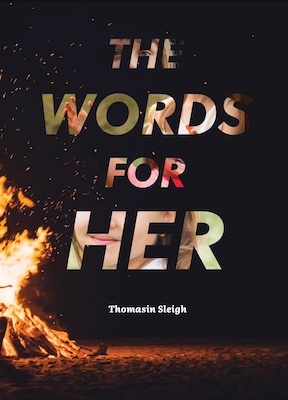
The Words for Her by Thomasin Sleigh
In the latest book by novelist and art writer Thomasin Sleigh, people start inexplicably disappearing from photographs. Combine this Charlie Brooker-esque premise with a tightly-woven domestic drama based in small-town Whakatāne, and you have a crackling exploration of memory and identity in an age when self-regard has become our succour.
In Sickness and in Health by Fiona Sussman
To finish this list, we’ve got a good old-fashioned whodunnit from celebrated crime writer Fiona Sussman. In this novel about the darker side of small-town life, Sussman weaves a tight and compelling story of friendship strained by illness and infidelity, and the double lives many of us try—and fail—to juggle. A roaring success of a crime novel.

